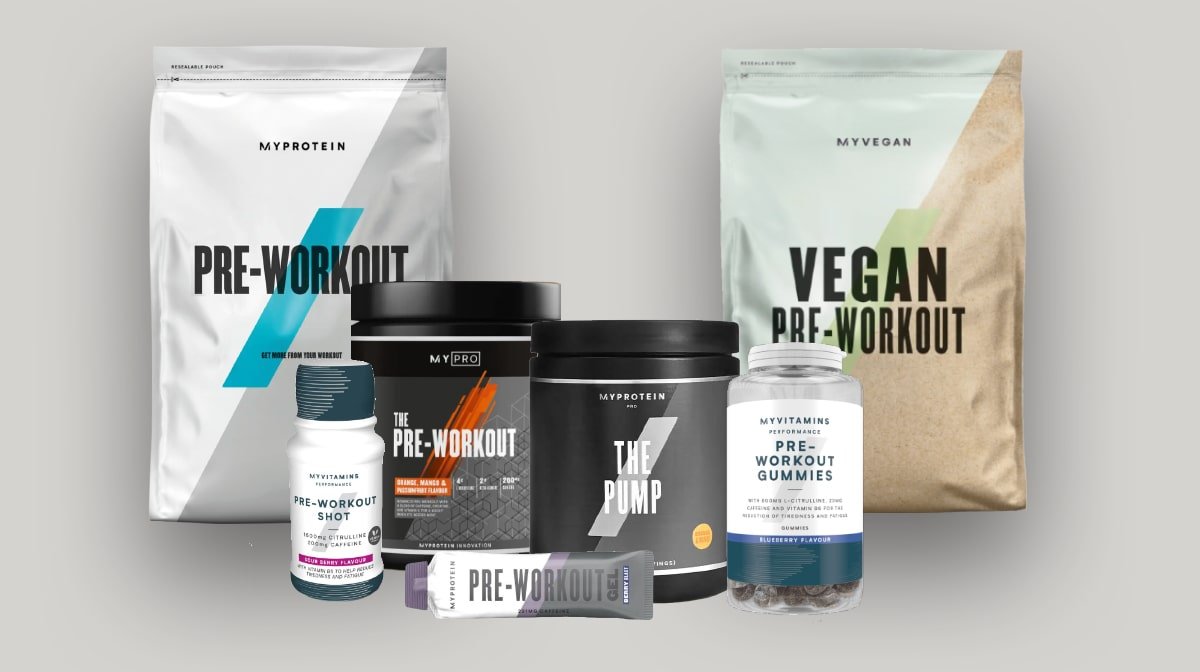Protein Supplements: A Comprehensive Guide
Introduction:
In the pursuit of a healthier lifestyle and optimal fitness, many individuals turn to protein supplements to meet their nutritional needs. Whether you’re a seasoned athlete or a casual gym-goer, understanding the benefits, types, and proper usage of protein supplements can contribute significantly to your overall well-being.
The Importance of Protein:
Proteins are the building blocks best pre workouts uk of life, essential for the repair and growth of tissues, the production of enzymes and hormones, and the maintenance of a strong immune system. While whole foods like meat, dairy, and legumes are excellent sources of protein, supplements offer a convenient and efficient way to ensure you meet your daily requirements.

Types of Protein Supplements:
- Whey Protein:
- Derived from milk during the cheese-making process, whey protein is a fast-digesting and highly bioavailable form of protein. It contains all essential amino acids, making it an excellent choice for post-workout recovery.
- Casein Protein:
- Also sourced from milk, casein is a slow-digesting protein. It provides a sustained release of amino acids, making it ideal for overnight muscle recovery or between meals.
- Plant-Based Proteins:
- Suitable for vegetarians and vegans, plant-based protein supplements are derived from sources like pea, hemp, soy, or rice. They offer a diverse amino acid profile and are often easier on the digestive system.
- Egg White Protein:
- Extracted from the whites of eggs, this protein source is rich in essential amino acids and is easily digestible. It’s a great alternative for those with dairy or soy allergies.
Benefits of Protein Supplements:
- Muscle Growth and Repair:
- Protein is crucial for muscle protein synthesis, aiding in the repair and growth of muscles after exercise. Athletes and fitness enthusiasts often use protein supplements to enhance their recovery.
- Weight Management:
- Protein helps increase feelings of fullness, promoting weight management by reducing overall calorie intake. It also supports the preservation of lean muscle mass during periods of calorie restriction.
- Convenience and Portability:
- Protein supplements come in various forms, including powders, bars, and ready-to-drink shakes, making them convenient for on-the-go individuals who may struggle to meet their protein needs through whole foods alone.
- Nutrient Timing:
- Consuming protein supplements strategically around workouts can maximize their effectiveness. Many athletes opt for a combination of fast-digesting whey protein pre-workout and slower-digesting casein post-workout for sustained protein release.
Usage and Considerations:
- Determine Your Protein Needs:
- Individual protein requirements vary based on factors such as age, weight, activity level, and fitness goals. Consult with a healthcare professional or a nutritionist to determine your specific needs.
- Quality Matters:
- Choose high-quality protein supplements with minimal additives or unnecessary fillers. Look for products that undergo third-party testing for purity and quality.
- Incorporate Whole Foods:
- While supplements can be convenient, they should not replace whole food sources of protein. Aim for a balanced diet that includes a variety of nutrient-dense foods.
- Stay Hydrated:
- Protein metabolism requires water, so it’s essential to stay hydrated, especially when consuming higher protein diets.
Conclusion:
Protein supplements can be valuable additions to a well-rounded diet, aiding in muscle development, weight management, and overall health. However, they should complement, not replace, whole food sources of protein. Understanding your nutritional needs, choosing quality products, and incorporating a variety of protein sources will help you make the most of these powerful supplements on your journey to a healthier, fitter you.